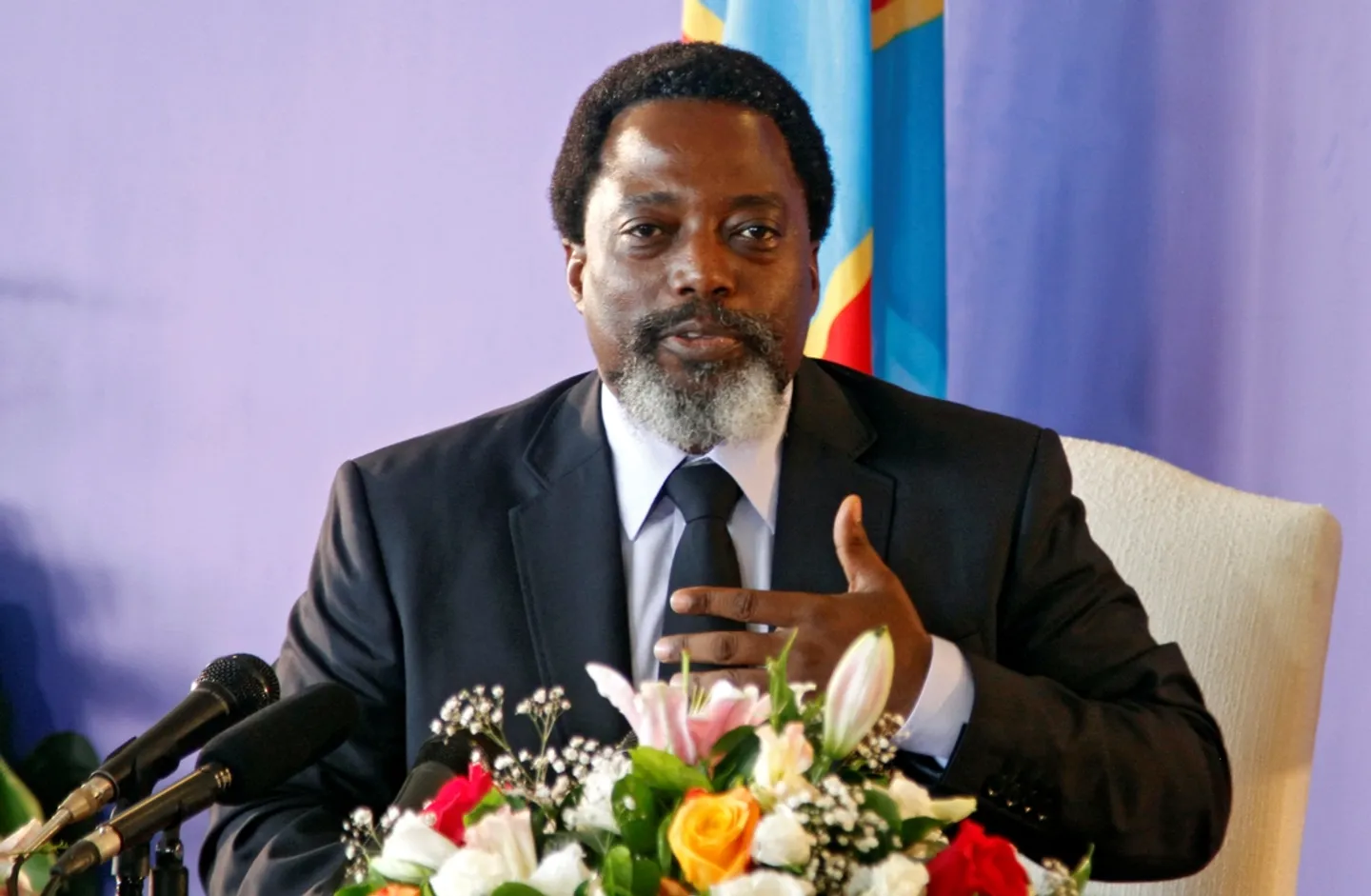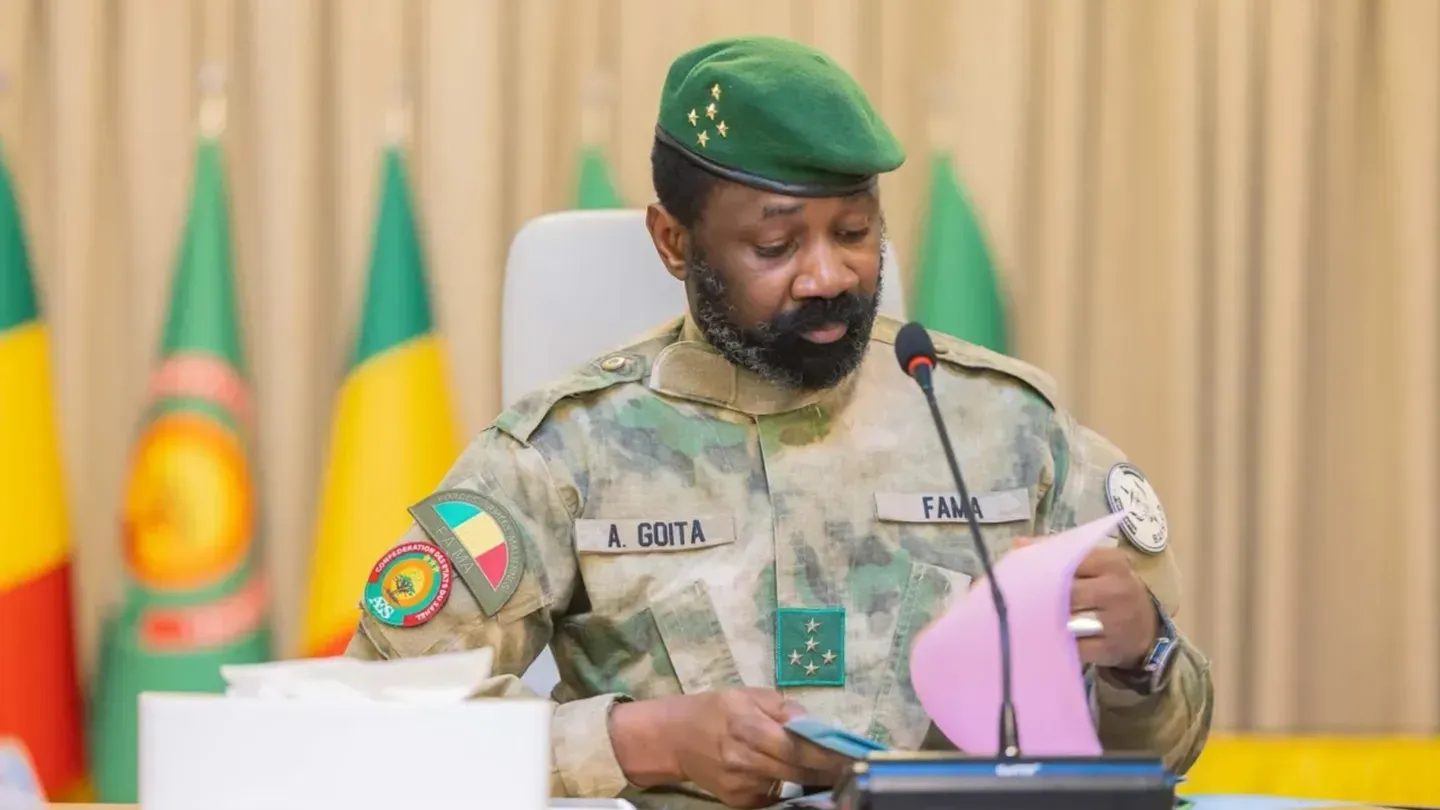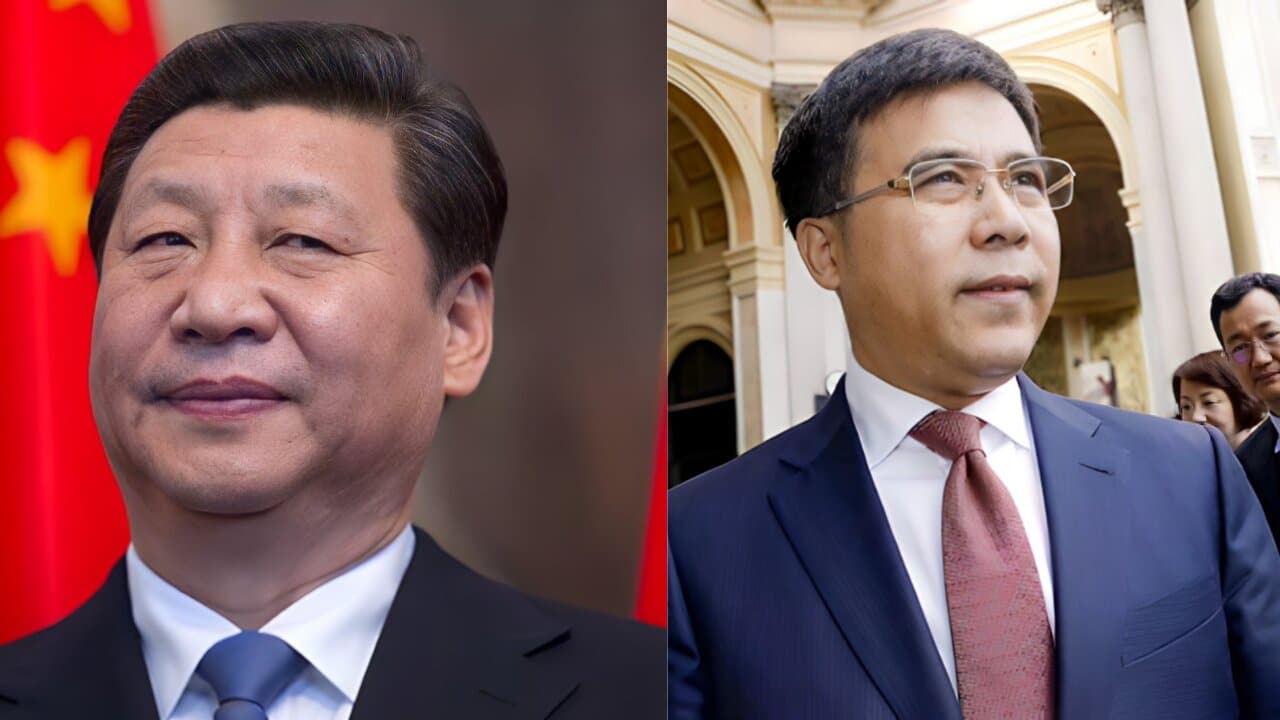In a development that has sent shockwaves across the Democratic Republic of Congo (DRC) and the wider African continent, former President Joseph Kabila has been sentenced to death by a military tribunal.
The verdict, delivered on 30 September 2025 in absentia, has shocked the nation and the wider African continent. It marks a historic fall for a man who once dominated Congolese politics for nearly two decades.
Lieutenant General Joseph Mutombo Katalayi, who presided over the tribunal, announced the conviction on charges including treason, crimes against humanity, murder, sexual assault, torture and insurrection.
The severity of the accusations and the penalty imposed underline the extraordinary decline of Kabila, who assumed power in 2001 after the assassination of his father, Laurent-Désiré Kabila.
Kabila inherited a nation at war, widely described as “Africa’s World War,” with multiple neighbouring states and armed groups fighting for influence and resources. His 18-year rule, which ended in 2019, was marked by fragile stability, contested elections and allegations of corruption and repression.
After reaching the constitutional limit of his mandate, Kabila delayed stepping down, sparking mass protests and criticism from the international community. A power-sharing transition eventually saw Félix Tshisekedi become president, though many believed Kabila retained influence behind the scenes.
The alliance between the two men has since broken down. In May 2025, the Senate voted to remove Kabila’s immunity, paving the way for prosecution. Kabila denounced the decision as dictatorial.
The Charges
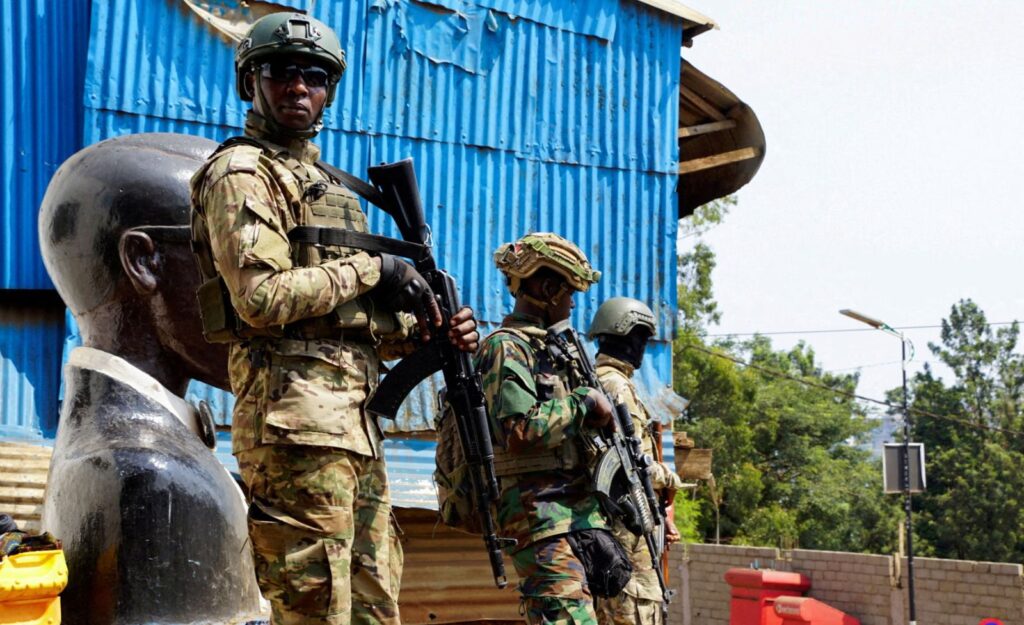
The prosecution’s case centres on Kabila’s alleged ties to the M23 rebel movement, a group backed by Rwanda that has captured territory in eastern DRC throughout 2025. Military prosecutor General Jean-René Likulia Bakulia accused Kabila of plotting to overthrow the Tshisekedi government. He also linked him to killings, torture and sexual violence attributed to M23 fighters.
secutors highlighted Kabila’s controversial visit in May 2025 to Goma, a city under rebel control. They argued that his presence there while in exile since 2023 was proof of collaboration with the insurgents.
The United Nations has documented war crimes by M23, and Kabila’s alleged connections with the group formed the heart of the case against him.
Trial and Reactions
The proceedings were highly contentious. Kabila did not attend the trial and had no legal representation. He has dismissed the case as politically motivated, calling the courts instruments of oppression.
Observers argue that the timing of the trial suits President Tshisekedi, who has faced growing opposition. By branding Kabila a traitor, the government may seek to weaken his influence. Yet this strategy carries risks. Kabila still enjoys strong support in parts of the country and within sections of the security forces. His supporters see the sentence as an attack on a political rival rather than the pursuit of justice.
Wider Implications
The reinstatement of the death penalty in the DRC in 2024, after years of suspension, has already drawn international criticism. Human rights groups argue that capital punishment is cruel and undermines human dignity. The fact that it has been applied against a former president heightens concerns about political misuse of the justice system.
Wider Implications
The reinstatement of the death penalty in the DRC in 2024, after years of suspension, has already drawn international criticism. Human rights groups argue that capital punishment is cruel and undermines human dignity. The fact that it has been applied against a former president heightens concerns about political misuse of the justice system.
ila’s location remains unknown, and enforcement of the verdict is unlikely in the short term. He may appeal, but any review would be limited to procedural questions rather than the substance of the case.
The conflict in eastern Congo complicates matters further. UN experts have detailed Rwanda’s role in supporting M23, despite Kigali’s denials. Resolving the crisis requires tackling regional dynamics that extend beyond the actions of one individual.
An Uncertain Future
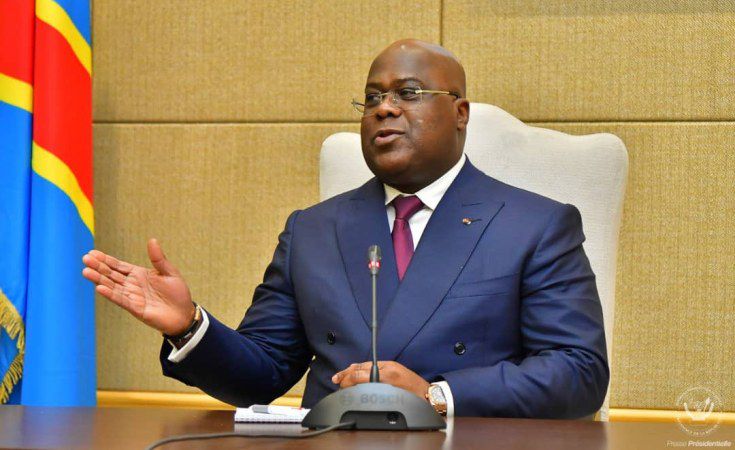
This verdict places the DRC at a crossroads. For some, the death sentence may neutralise a destabilising figure. For others, it risks fuelling division and unrest. The humanitarian crisis in the east has already displaced millions, and instability threatens to spill over into neighbouring states.
With vast reserves of minerals such as cobalt, vital to the global green economy, the DRC’s internal turmoil has consequences far beyond its borders.
Joseph Kabila’s fall from power to a death sentence tells a larger story about Congolese politics. Institutions remain fragile, power struggles often play out in the courts, and accountability is elusive. Until the DRC strengthens its democratic and legal systems, political disputes are likely to be resolved through confrontation rather than consensus.
Source: Adomonline.com

